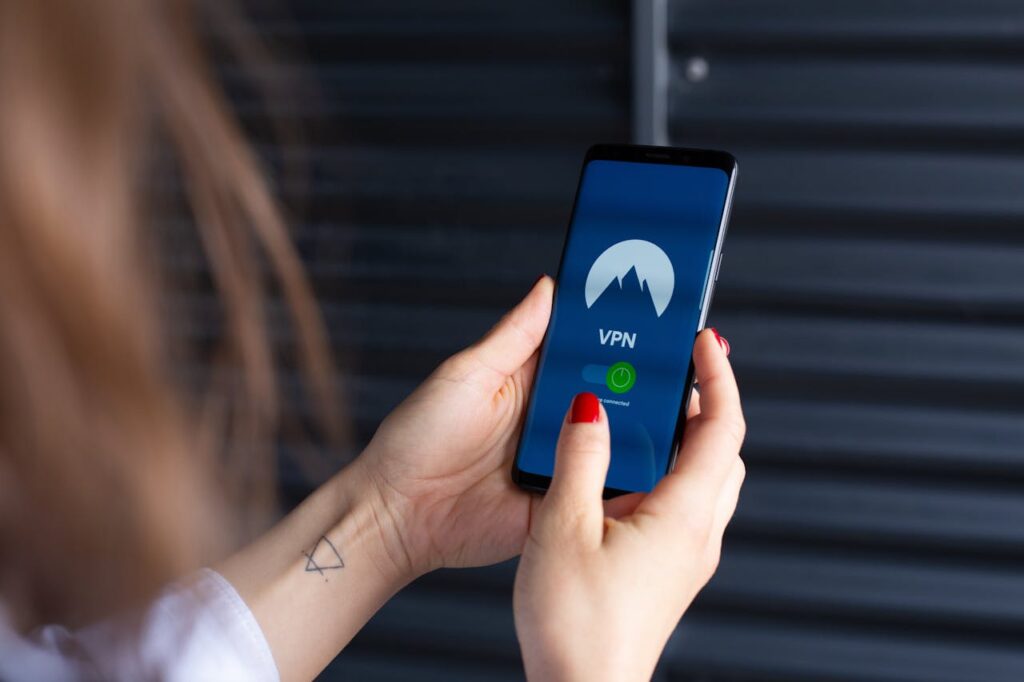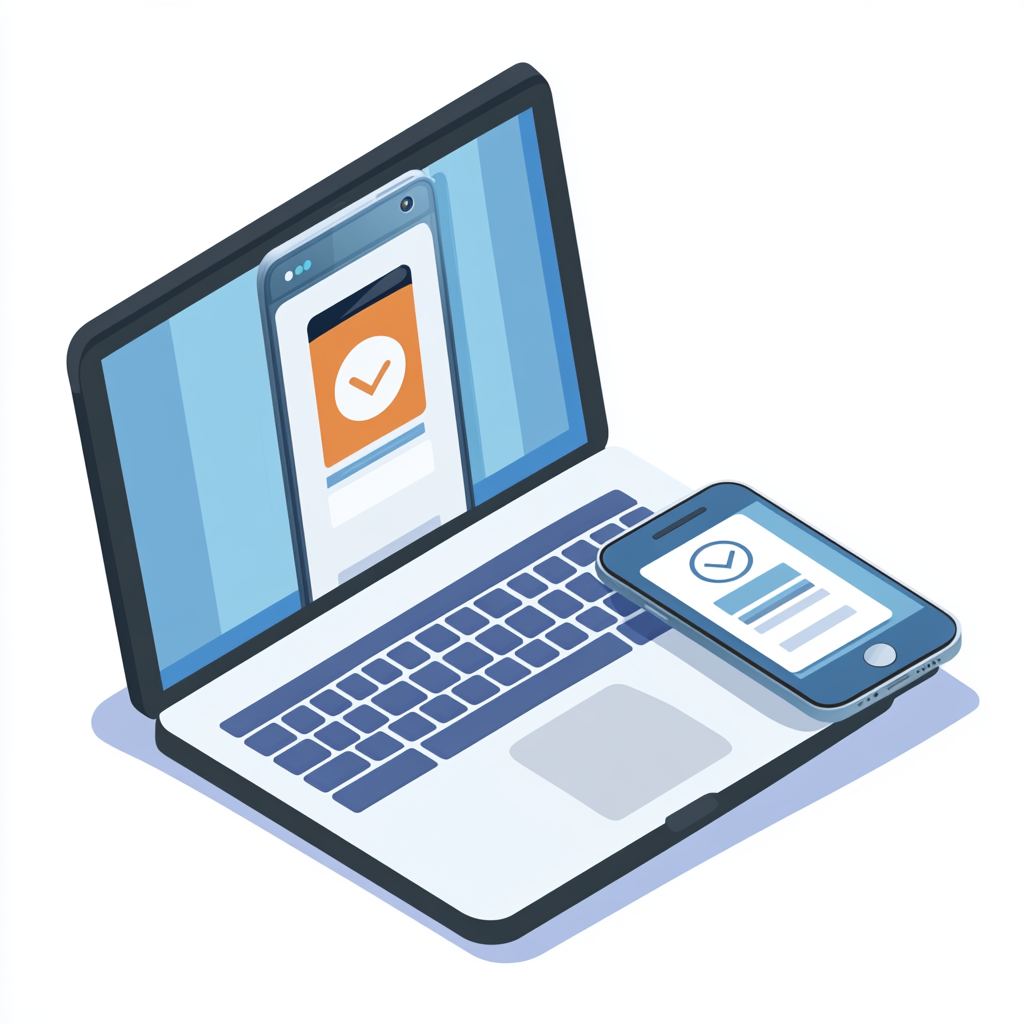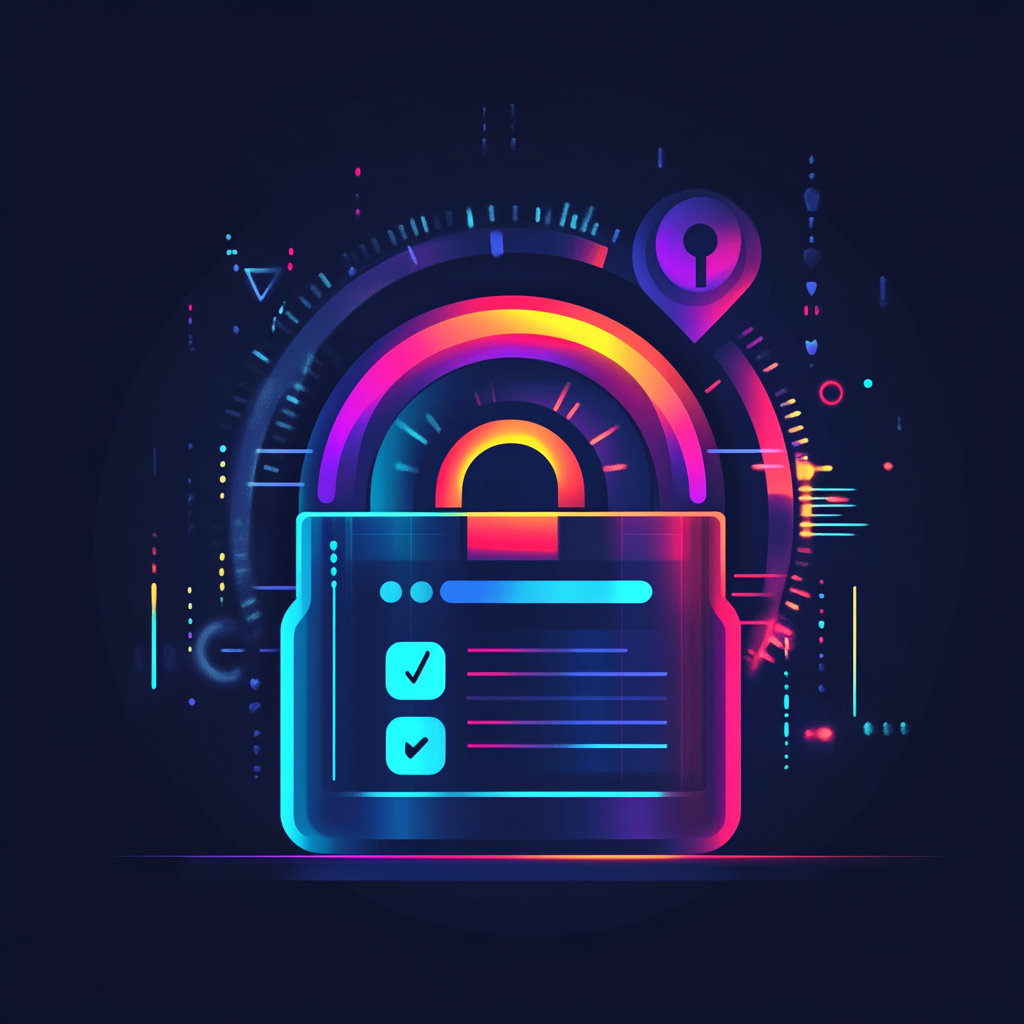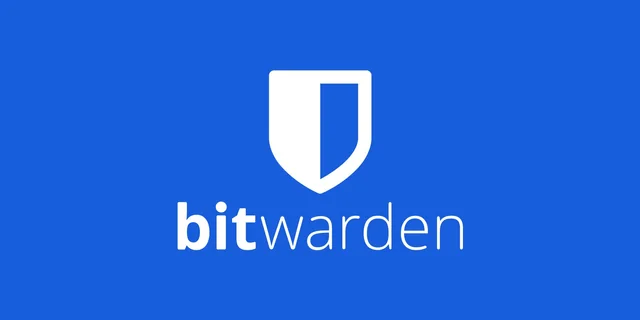
In today’s digital age, safeguarding your online credentials is more critical than ever. With cyber threats on the rise, understanding the safest ways to store passwords can protect you from identity theft, financial loss, and unauthorized access to your personal information.
1. Utilize a Reputable Password Manager
Why it matters: Password managers generate, store, and autofill complex passwords, ensuring each of your accounts has a unique and strong password.
Top Picks:
- Bitwarden: An open-source password manager known for its robust security features and user-friendly interface.
- LastPass: Offers a seamless experience across devices with features like password sharing and dark web monitoring.
- 1Password: Provides advanced security measures, including travel mode and biometric unlock options.
👉 Secure your accounts with Bitwarden today
2. Enable Multi-Factor Authentication (MFA)

Why it matters: MFA adds an extra layer of security by requiring a second form of verification, such as a text message code or authentication app, making it significantly harder for hackers to gain access.
Recommended MFA Apps:
- Authy
- Google Authenticator
- Duo Mobile
3. Create Strong, Unique Passwords

Why it matters: Using complex passwords that combine letters, numbers, and symbols reduces the risk of brute-force attacks.
Tips:
- Avoid using easily guessable information like birthdays or common words.
- Use passphrases—a series of random words strung together—for better memorability and security.
4. Avoid Storing Passwords in Browsers

Why it matters: While convenient, browser-stored passwords can be vulnerable to malware and unauthorized access.
Alternative: Rely on dedicated password managers that offer encrypted storage and are less susceptible to browser-based vulnerabilities.
5. Regularly Update Your Passwords

Why it matters: Changing your passwords periodically minimizes the risk associated with potential data breaches.
Best Practices:
- Set reminders to update passwords every 3-6 months.
- Immediately change passwords for accounts involved in known breaches.
6. Use Encrypted Physical Storage for Sensitive Information

Why it matters: For those who prefer offline storage, using encrypted USB drives or external hard drives can be a secure option.
Recommendations:
- Ensure the device uses strong encryption standards.
- Keep the physical device in a secure location, such as a safe.
7. Educate Yourself on Phishing and Social Engineering Attacks

Why it matters: Being aware of common tactics used by cybercriminals can help you avoid falling victim to scams that compromise your passwords.
Resources:
- Stay updated with cybersecurity blogs and news outlets.
- Participate in online courses or webinars focused on digital security.
Conclusion
Protecting your digital life starts with implementing robust password management practices. By leveraging trusted password managers, enabling multi-factor authentication, and staying informed about cybersecurity threats, you can significantly reduce the risk of unauthorized access to your personal information.


